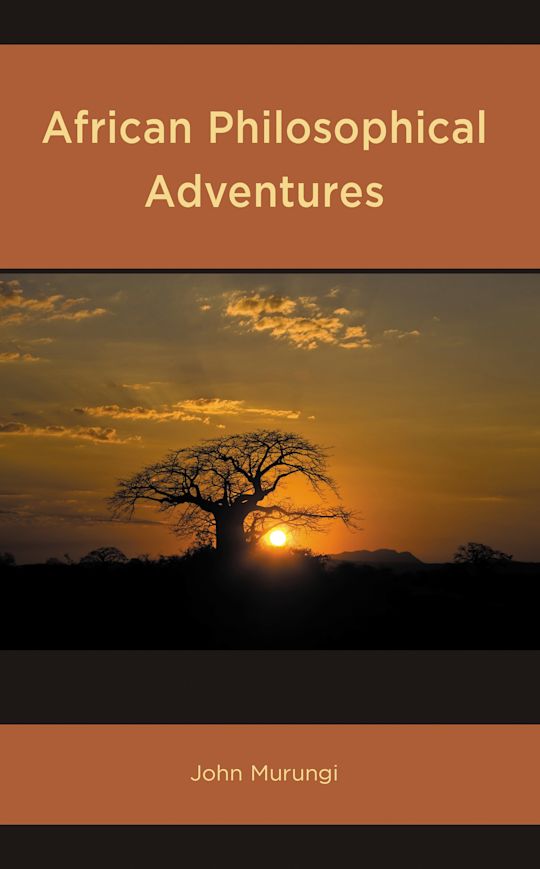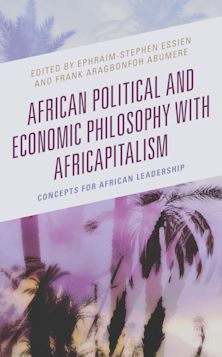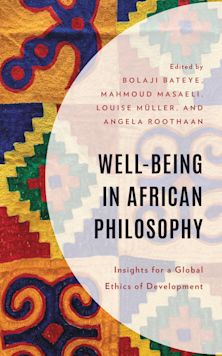This product is usually dispatched within 2-4 weeks
- Delivery and returns info
-
Flat rate of $10.00 for shipping anywhere in Australia
Description
African Philosophical Adventures presents African philosophy as a convergence wherein what is African, what is philosophy, and what is an adventure enter an inter-relational and reciprocal process, each giving birth to the others. Philosophy, whether African or non-African, is an open-ended process. There is no finality in what it says about itself or about the subject matter that it investigates. John Murungi uses this sense of philosophy to guide the chapters in this book. The word “adventure” bears this sense of philosophy, and the same time informs what is to be understood as African philosophy. The singularity of African philosophy, as well as its link to other branches of philosophy, is subject to adventure. Readers of this book who are themselves adventurers in the world of philosophy will benefit greatly. For those who are not already so, it will be an invitation to undertake such an adventure.
Table of Contents
Chapter One: Introducing African Philosophy at an American Academy
Chapter Two: Kilimanjaro and the Spell of the Sensuous: An adventure
Chapter Three: Nightclubbing Adventure in Africa
Chapter Four: Building a Philosophical Bridge between Africans and Latin Americans
Chapter Five: Ethical Crisis in African Development
Chapter Six: The Crisis of Human rights in Africa: An African Perspective on Human Rights
Conclusion
Product details
| Published | 31 May 2023 |
|---|---|
| Format | Hardback |
| Edition | 1st |
| Extent | 180 |
| ISBN | 9781793652966 |
| Imprint | Lexington Books |
| Illustrations | 1 b/w illustrations; |
| Dimensions | 238 x 159 mm |
| Series | African Philosophy: Critical Perspectives and Global Dialogue |
| Publisher | Bloomsbury Publishing |
Reviews

ONLINE RESOURCES
Bloomsbury Collections
This book is available on Bloomsbury Collections where your library has access.


































